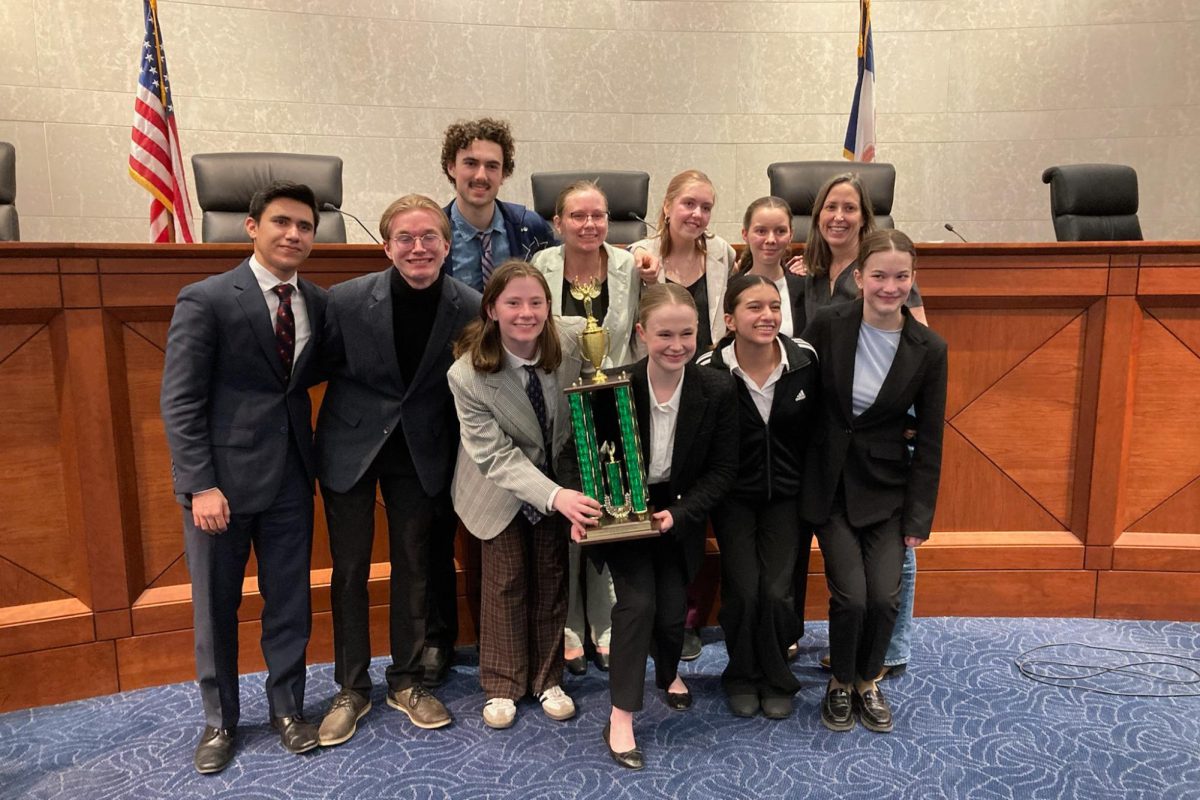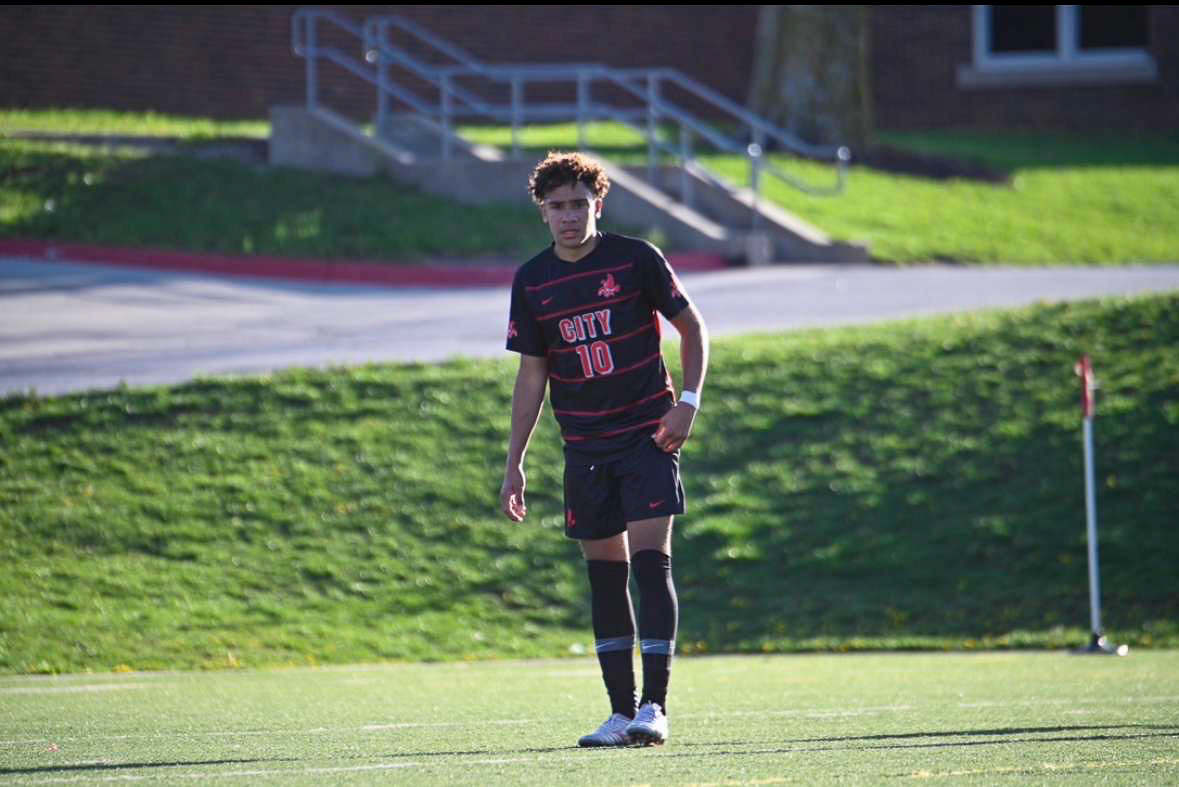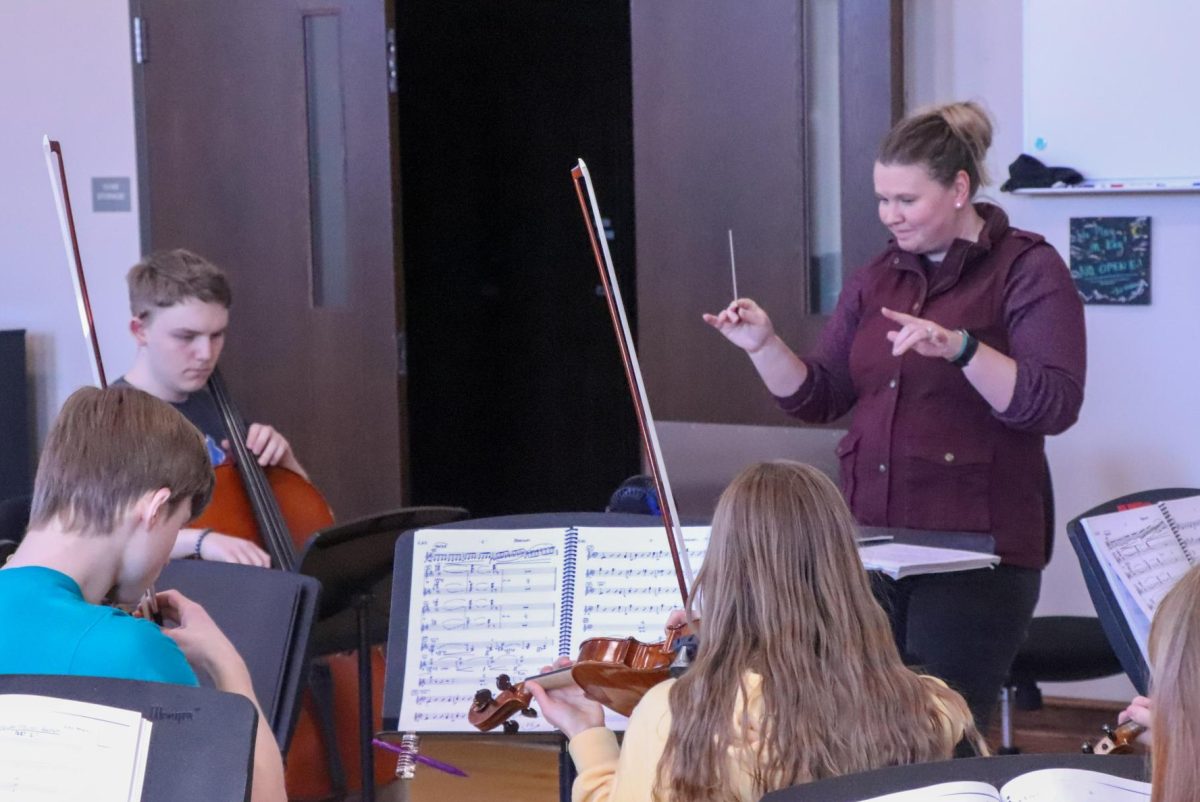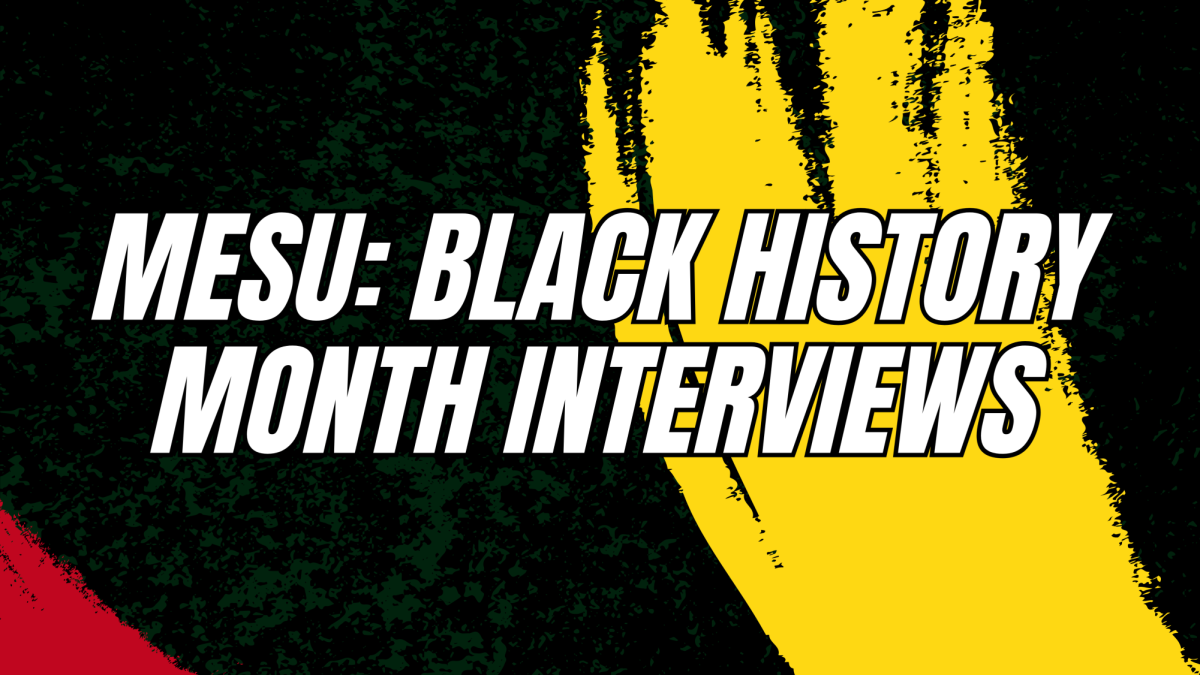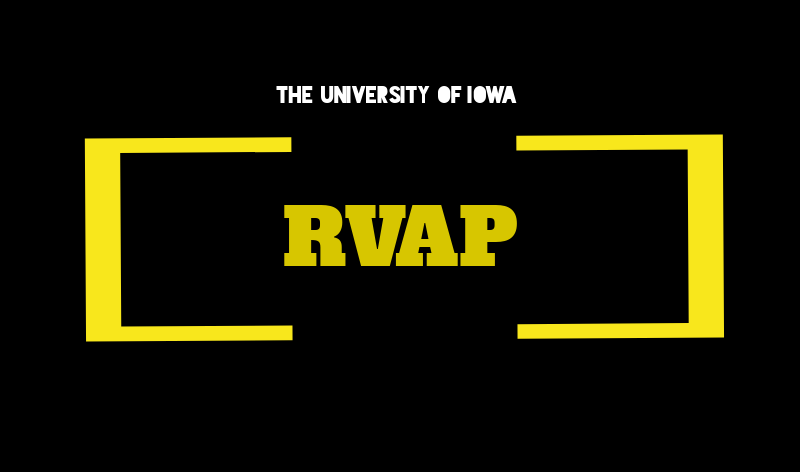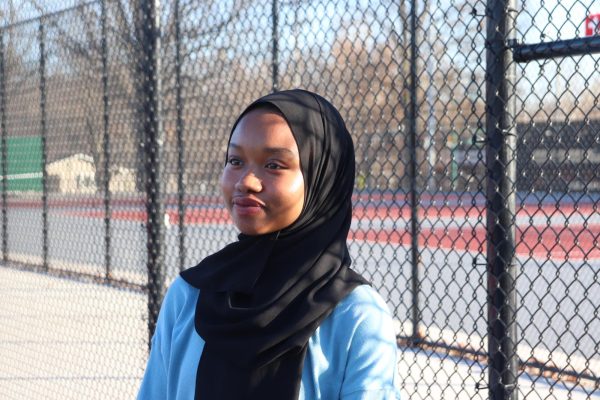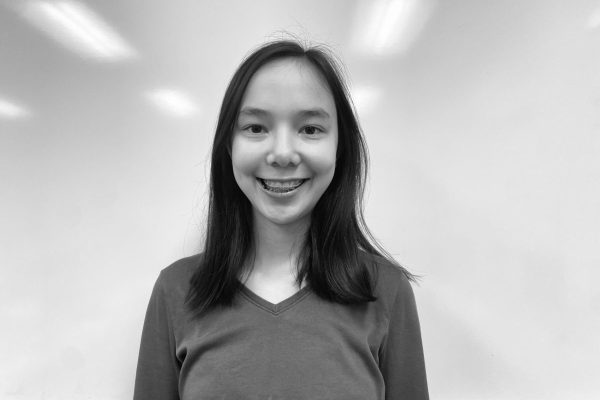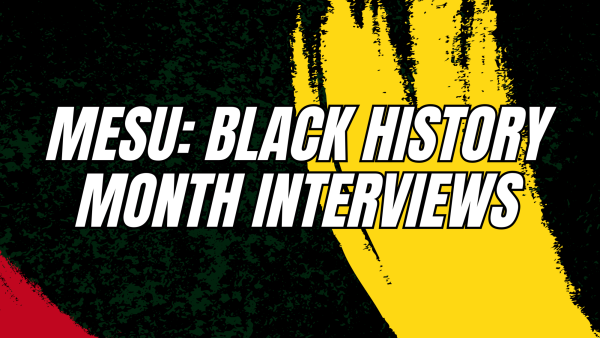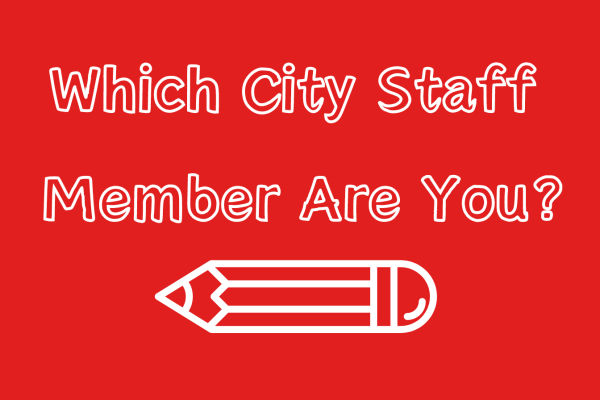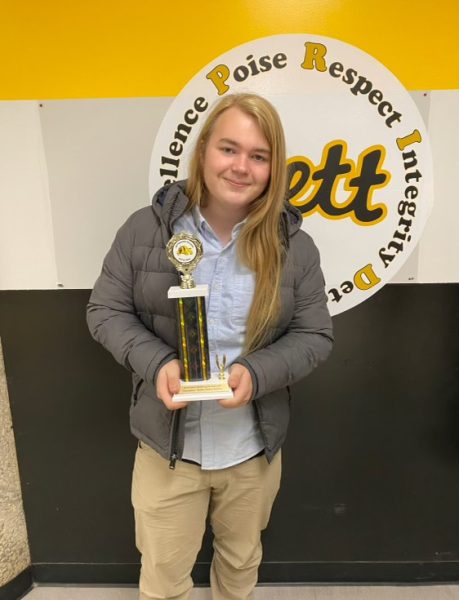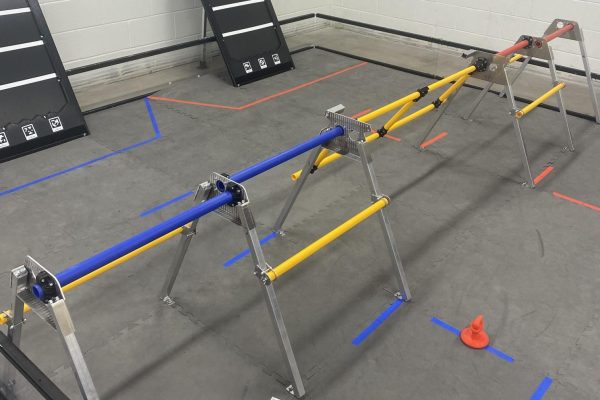The RVAP
The Rape Victim Advocacy Program through the U of Iowa Provides Support for Sexual Assaults
A phone rings in an office on Linn St. in Iowa City.
“RVAP, can I help you?”
A hotline worker answers the phone. Someone staffs that phone for 24 hours a day, just like in the other RVAP offices in Cedar, Johnson, Henry, Iowa, Lee, Washington, and Van Buren counties.
The Rape Victim Advocacy Program (RVAP) is an agency that helps educate and prevent sexually violent acts, while also helping and advocating for the victims. They are the hosts of the Iowa Sexual Abuse Hotline (ISAH). The ISAH is a 24-hour hotline for victims of sexual abuse in Iowa. The ISAH’s mission is to provide a free, confidential, and informational hotline for those affected by sexual violence.
Until July 1st, when ISAH was defunded.
“At this point, our RVAP staff or interns answer ISAH calls during business hours and we have established a strong partnership with the Crisis Center of Johnson County to provide coverage of ISAH during evenings, weekends and on holidays,” said Adam Robinson, the executive director of the RVAP.
The Iowa Legislature cut the program’s funding, but rape is still an issue; 1 in 6 women and 1 in 33 men have been victims of attempted or completed rape in their lifetime.
The RVAP provides three main services. First is a safe, confidential space for victims to go. Second, the RVAP provides free counseling, therapy, and support groups. Third, it offers educational services to prevent sexual violence from happening in the first place. Its goal and tactic is to stop sexual violence before it begins. It does this by using the socio-ecological model of prevention created by the CDC.
In addition to this, however, RVAP also advocates for the victims. It helps survivors through the medical and legal process that they go through afterwards, accompanies and explains options to the victims during things like hospital appointments to police interviews. It also helps in the academic realm. If a victim is working to get a degree, the RVAP will work to provide special academic accommodations.
“RVAP was established in 1973 as a hotline service provided at the time by volunteers at the Women’s Resource and Action Center (WRAC) here at the University of Iowa,” Robinson said about the history of the RVAP. “The service was literally composed of a landline telephone and a cot, where volunteers would take shifts around the clock to ensure that survivors of sexual violence could always have an advocate to speak with on the phone.”
To contribute to the RVAP, whether it be through donating money or time, go here. And remember, as the RVAP says, prevention starts with believing survivors. Go here for more information regarding the RVAP.
Your donation will support the student journalists of Iowa City High School. For 2023, we are trying to update our video and photo studio, purchase new cameras and attend journalism conferences.
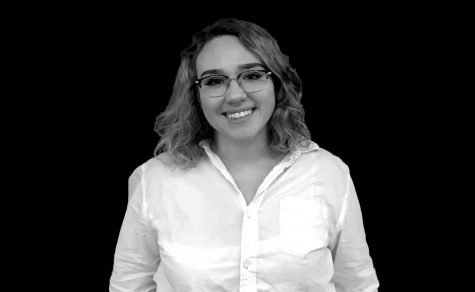
Hi! I aspire to be either a musician or a journalist. I am extremely passionate about music, mental health, and social issues. Write on!





